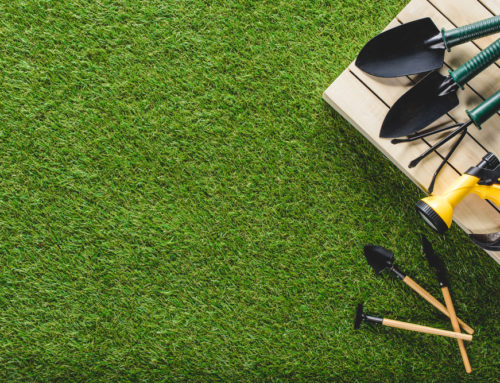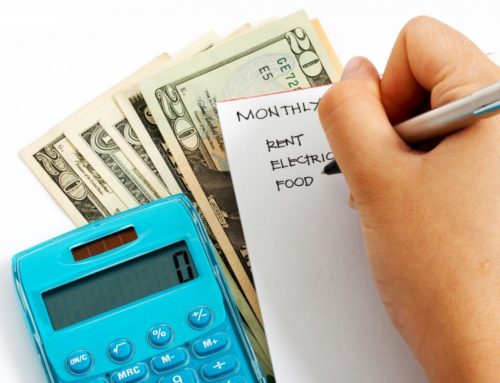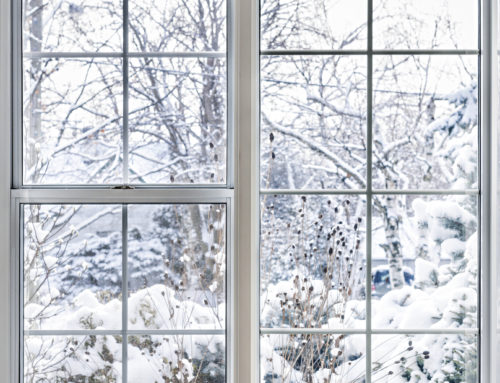
Take Your Time
Nothing can damage your stuff like being impatient. From mishandling things while rushing to not giving yourself the time to properly pack everything, if you hurry something is going to go wrong. Prepare in advance to pack your items. Give yourself an entire day or two to focus just on the fragile items. Make sure you have the boxes and the packing materials. And spend a little while figuring out where these boxes will go in the moving truck or your vehicle, so that you don’t find yourself trying to wedge them into spaces where they won’t fit.
Get and Prep Your Boxes
You should look at specialized boxes meant for the kinds of items you’re packing. Get small book boxes for your books, dish boxes for glassware and dishes, or boxes meant to protect televisions, monitors, electronics, or mirrors. These usually are thicker than most boxes for moving, or second-hand boxes saved from recycling bins. They can also come with inserts to provide support or protection. If you don’t want to spend the money on the specialized boxes, you should visit a moving store and see what those boxes have that most do not, and see if you can create your own versions. It might also work to use other containers, such as plastic bins.
Once you have your boxes, check them out. Reinforce the bottoms and corners with packing tape. Make sure they’re clean and dry, and don’t trust anything that feels weak. Also make sure you know how to properly move the box once it’s packed. Even if a box has built-in handles, be aware the contents the handles might break and you’re out of luck. Take precautions.
Have the Right Packing Materials
Tissue paper, bubble wrap, and packing paper are all readily available at moving stores and they will save you a lot of aggravation down the road. If you can’t afford these items or you run out while packing, keep aside towels or sheets to use in a pinch. You want to make sure you can protect your valuables from banging into each other and from jostling. Also, make sure that your packing tape is good and strong. Most office tape will not be strong enough. You want to use this to reinforce handles, boxes, and to keep things closed and secure even when being bumped around.
Wrap, Stack, and Pad Properly
Take care with all kinds of items. Give yourself a good flat surface to work with, and take time to make sure everything’s wrapped well.
- Books: Stack hardback books standing upright, with paperbacks lying flat on their backs or on their spines. They don’t need to be individually wrapped unless they are special editions.
- Dishware: Plates and bowls need to at least one layer of paper between them when you stack them. Try not to stack more than three or four at a time. Put these in the boxes on their edges. You can wrap these stacks with bubble wrap for even more protection, especially if they’re valuable china.
- Glassware: Put wadded tissue or packing paper inside these to help reinforce them. Use cardboard cells to protect the sides, and possibly more paper or bubble wrap to fill in empty spaces. Build from the heaviest to lightest items. The coffee cup should never go on top of a wine glass.
- Electronics: Check to see if you still have the original box, including the styrofoam. If not, find out if you can get foam or bubble wrap to protect any vulnerable surfaces. Remove batteries, if any, and make sure cords are tightly wrapped up and won’t get stepped on or twisted. Check the item’s manuals for best packing advice, if you can.
- Mirrors: Use towels, sheets or blankets to protect the surface, and make sure it can’t move around in the box much, if at all.
- Works of art or musical instruments: Check with your moving company for these items. Even if you’re not using one for your move, talk with professional movers for advice about special items.
Label Everything and Handle Appropriately
Make sure everything is labeled clearly, including which boxes have the most delicate items. Carry these items carefully, with help if necessary. Make sure you pack them safely, on top of heavier items, with moving blankets or ropes or other ways to keep the boxes from sliding around. When you unpack, make sure these boxes get taken out first and put out of the way so that you don’t accidentally knock over your wedding china when you bring the kitchen table in.
And as always, Gerber Moving and Storage is happy to help you pack and move your fragile items with care.



